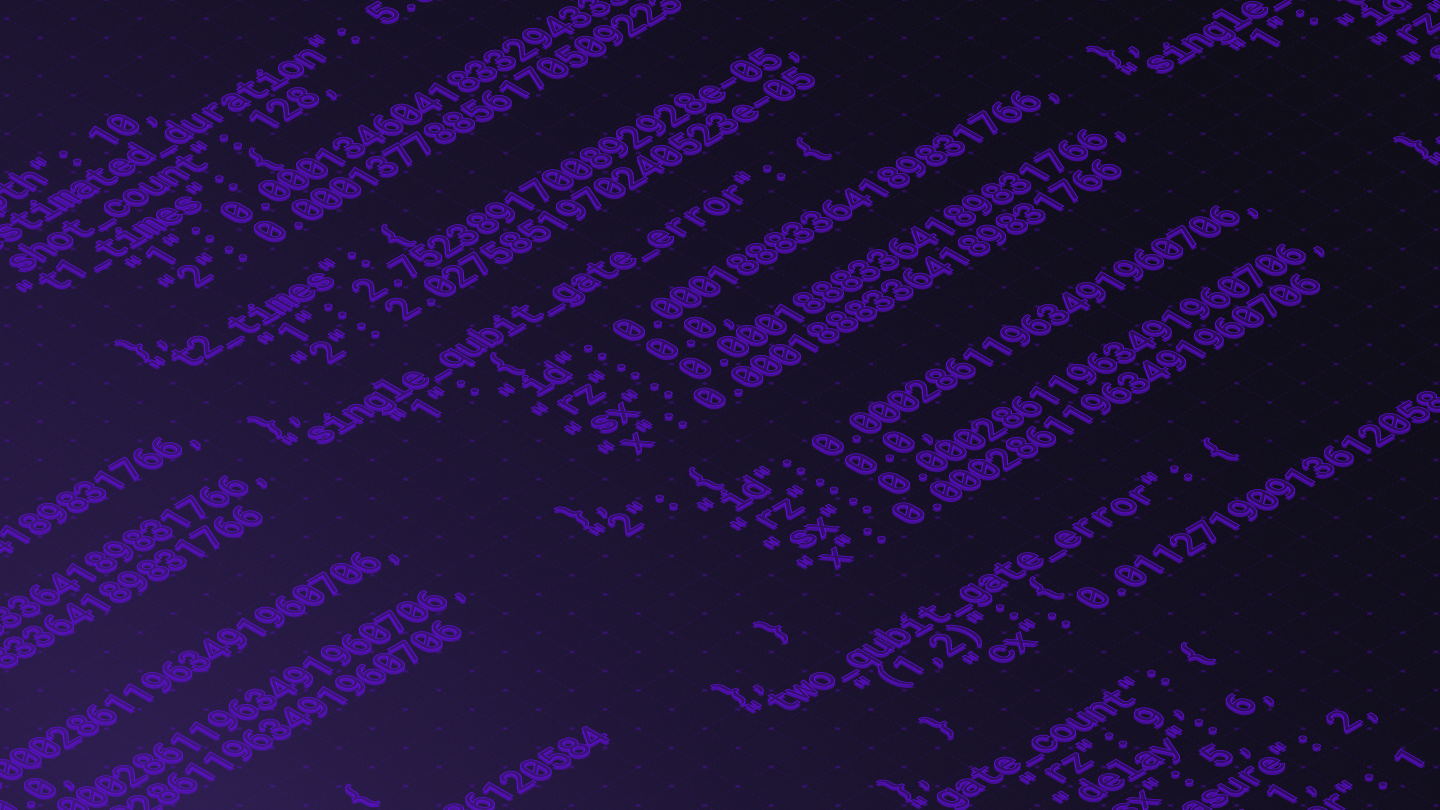Bright nordic nights with Blueyard

Computational innovation has moved far beyond developing the next killer app. The new frontiers of information technology are in artificial intelligence, blockchain and quantum computation.
With so much to talk about in these fields why not go somewhere with the longest days to fit in as much discussion as possible? Thus it made perfect sense to travel to the world's most northern capital in midsummer to discuss the future of software development.
Q-CTRL's Lead Quantum Control Engineer, Dr Michael Hush, was invited to Reykjavik for BlueYard Capital's inaugural Future of Software Development (#FOSD) get-together in the Icelandic capital on 26 and 27 June.
Land of the midnight sun
Real. Programmable. Ions. #fosd pic.twitter.com/PTcDtEGobi
— Sander Pick (@sanderpick) June 28, 2018
"There was no real night-time," Dr Hush said. "The sun never got low enough."
Dr Hush spoke in an exciting session hosted by BlueYard's Jason Whitmire alongside Marco Pistoia from IBM, Matthew Keesan from IonQ and Michael Brett from QxBranch.
"The interesting thing about that is the full quantum stack was represented there: control, application, hardware," Dr Hush said.
Michael Brett, chief executive of Washington DC based QxBranch, who spoke on the panel with Dr Hush, told me these conferences are extremely useful to connect software developers with the new tools that quantum computing can provide.
"The general awareness of quantum computing among software developers is now almost universal, most software engineers have heard of it," he said. "But they are unsure about how ready the technology is or how to get started."
Of course Q-CTRL is working to bring useful quantum computers to reality sooner, leveraging the power of control engineering to improve the underlying hardware.
Dr Hush said: "While there is ongoing interest in AI, quantum was viewed as the most exciting new thing in the software space."
BlueYard's agenda covered the long-term development of software under emerging technologies.
For instance, in AI, Dr Hush said Rishabh Singh from Google Brain said they were working on machine learning that can develop its own coding skills.
"The team at Google Brain are making an AI network that can write its own programs. They got it to sit an undergraduate computer science exam - and it got 40 percent. That's actually a really big deal," Dr Hush said.
This comes hot on the heels of OpenAI announcing its five neural networks beat a human team at the hugely popular online game DOTA 2.
#AI bots just beat humans at the video game Dota 2. That's a big deal, because their victory required teamwork and collaboration – a huge milestone in advancing artificial intelligence.
— Bill Gates (@BillGates) June 26, 2018
The excitement around quantum was real, but also reflects media trends. Dr Hush told me there was a real buzz about blockchain earlier in the day but in the Quantum Outlook session, people raised fears quantum will crack Bitcoin.
"Sure it could, but I emphasized the rational response: full-scale quantum computing is decades away, and we already have quantum resistant encryption schemes, so there is time to deploy technological solutions to adapt blockchain to the quantum era."
Once again, there's Q-CTRL living up to its core value to Be Trusted.
It isn't just quantum hardware that remains under development; quantum programming is in its infancy as well. At #FOSD differing opinions emerged about what software development might look like in the quantum age.
Quantum languages
Dr Hush said three broad categories for quantum programming emerged.
First will be instances where a conventional program will call on a function that uses a quantum processor to solve a problem, and the programmer will not need to know anything about quantum computing.
"Then there will be relatively low-level access to quantum systems with very basic languages, such as that used in the IBM Q Experience and the various other languages emerging now," Dr Hush said.
Finally, there will be new abstracted quantum languages in the future, yet to emerge.
The languages we use to program quantum computers will develop with the complexity of the machines themselves. Right now we don't need more abstract languages and, in fact, we don't really know which ones will work until the hardware develops further and we gain access to more impactful problems.
"In the future, as quantum computers get more complex it makes sense that there will be different levels of abstraction in the languages we use to program them," Dr Hush said.
So, what should savvy software engineers interested in quantum technology do now?
Come work with us
Dr Hush said that in Reykjavik the quantum panel delivered important messages for tech companies and tech workers alike.
"Quantum is coming, so you need to get ready," he said. "You need to start considering how quantum will impact your sector. And while universal, fault-tolerant quantum computing is some way off. In the near-term there will be plenty of quantum applications emerging in your field - and you need to get your business ready."
And if you want to be part of the quantum revolution, it's important to remember that it isn't all hardware.
"If you're in software and you're interested in quantum, one way to get involved is to come work with us at Q-CTRL," Dr Hush said. "There is lots of space here for people without a quantum background who have strong software and product skills."
Building an entirely new industry from scratch, drawing talent from a variety of technology sectors, is the fun position we now find ourselves in at Q-CTRL. We're glad we had all day/night to share this perspective in Reykjavik.



